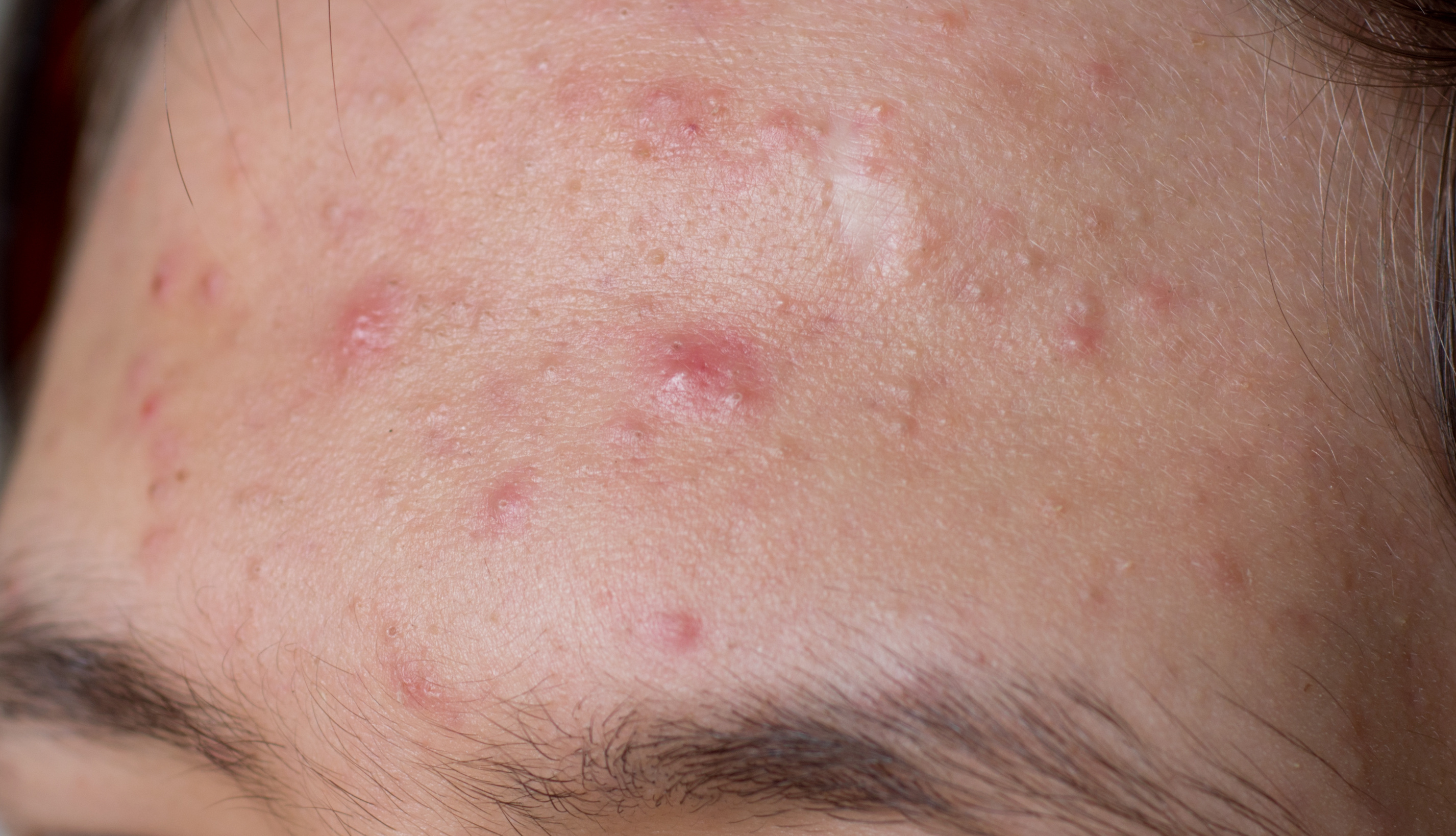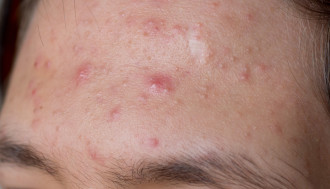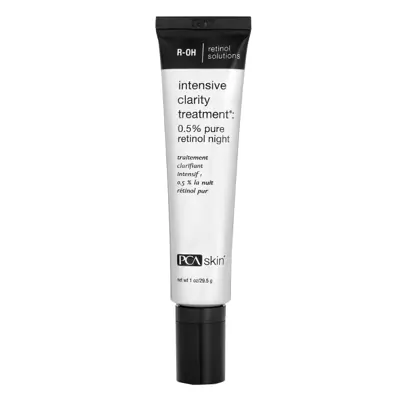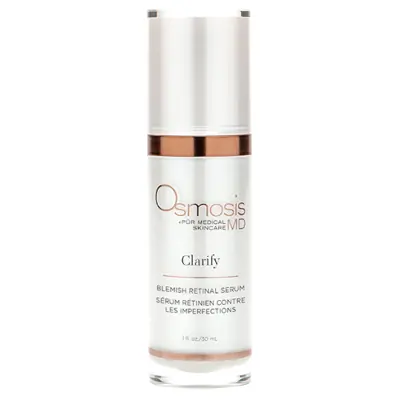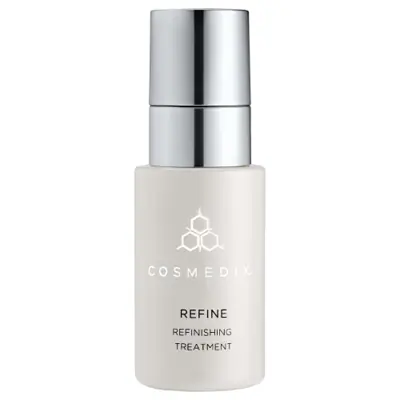How Often Should Vitamin A Be Used?
“Speaking with a trained skin specialist and undergoing a thorough skin consultation and analysis, will determine the best application for all skin types as the recommended usage and application can vary depending on an individual’s skin type, concerns and lifestyle,” Holly tells me.
However, as a general rule, when introducing vitamin A into your skincare regimen, it’s best to use sparingly at first, applying at night every few days and then gradually increasing as time goes on - allowing your skin to adjust. This is especially important for anybody with acne or sensitive skin.
And how can you tell when you've gone too far?
Anybody that loves or uses a vitamin A frequently probably has a wartime-esque story of when they’ve overdone it on the retinol train. I know I’ve been there, because yes, while vitamin A is known as the Beyonce of the skincare world as it’s such a powerful ingredient you can’t go too hard too quick – or there’ll be consequences. As overusing retinol comes with a myriad of side effects.
Why? Mainly because when vitamin A is incorporated into a skincare regimen too quickly or used too often/incorrectly it can lead to skin irritation. Holly says “you might notice it mainly in the form of peeling, dryness, redness or increased sensitivity.”
Which is why it is of the utmost importance to speak with your skincare professional if you have any questions or concerns regarding your skincare regime or how best to incorporate a new ingredient such as a vitamin A into your routine.

